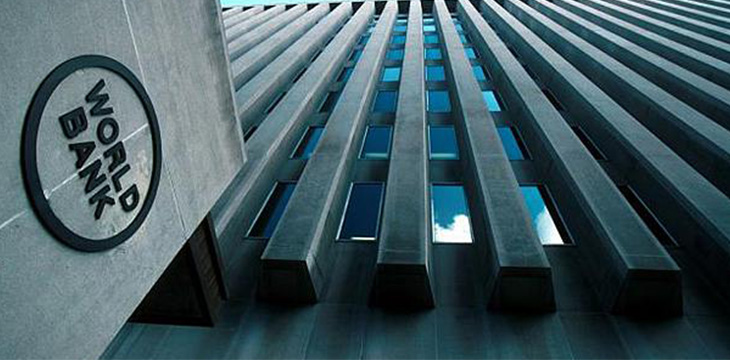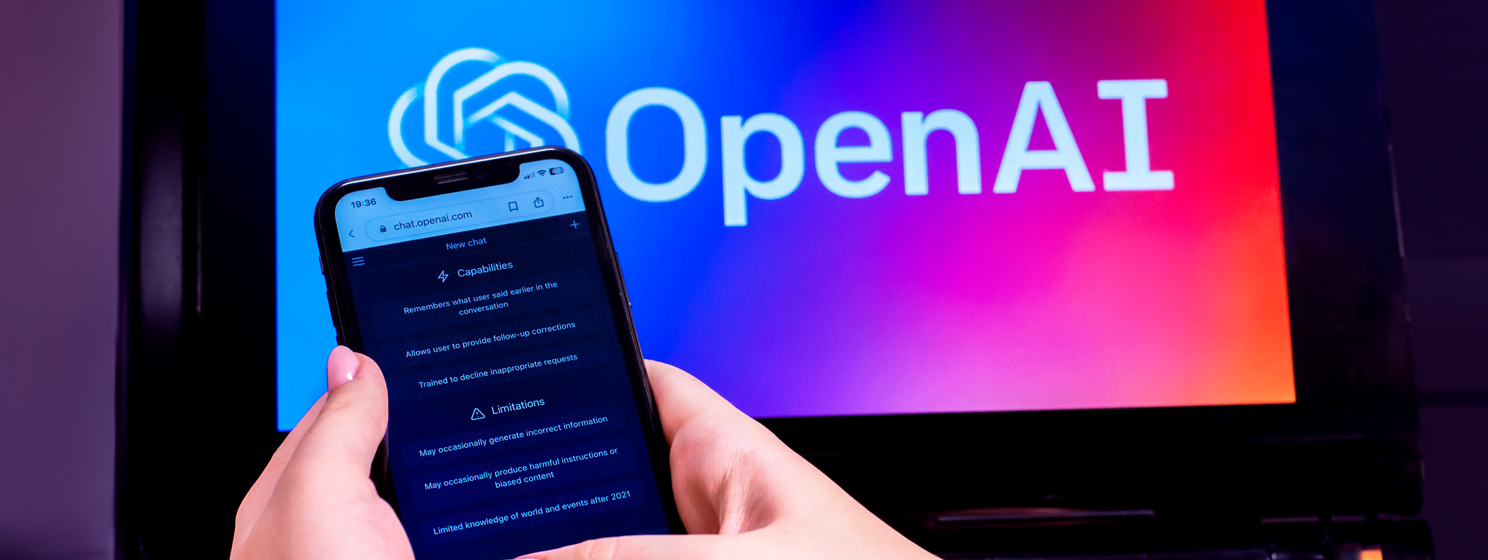|
Getting your Trinity Audio player ready...
|
In August of last year, the World Bank and the Commonwealth Bank of Australia (CBA) announced a new bond alternative that makes use of a blockchain to handle the transfer of funds. The Kangaroo bond, or bond-i, was completely transacted using distributed ledger technology (DLT) and the transaction was the first bond to be issued, designated, managed and sold on a blockchain. It was also responsible for opening the global financial community’s eyes to the benefits of the technology and the World Bank has proven that it wasn’t just a fluke. The institution raised another U.S. $33.8 million last week through the Kangaroo bond.
According to a press release from last Friday, “In August 2018, CBA was mandated by the World Bank as arranger for the bond and following a two-week consultation period with the market, the two-year bond raised A$110 million. In May 2019, CBA and the World Bank, with TD [TD Securities] acting as market maker, added additional capability to the platform by enabling Secondary Bond Trading recorded on Blockchain making this the first bond whose issuance and trading are recorded using distributed ledger technologies.”
To say that the facilitation of the bonds using blockchain technology is a huge step forward would be an understatement. Never before has any cross-border financial transaction of any type been able to be conducted as quickly, cheaply or efficiently as the World Bank’s Kangaroo bond have been completed. The organization’s head of funding, Andrea Dore, explains, “We are happy to see the continued, strong support and collaboration from investors and partners. The World Bank’s innovation and experience in the capital markets is key to working with our member countries to increase digitization to boost productivity in their economies and accelerate progress towards the Sustainable Development Goals.”
CBA agrees. Its head of blockchain and artificial intelligence, Sophie Gilder, adds, “CBA now has tangible evidence from our first bond offering using blockchain technology and subsequent bond management, secondary trading and tap issue via the same platform, that blockchain technology can deliver a new level of efficiency, transparency and risk management capability versus the existing market infrastructure. Next we intend to deliver additional functionality to deliver greater efficiencies in settlement, custody and regulatory compliance.”
As more entities across the globe continue to better their understanding of blockchain and cryptocurrencies, there will be an even greater shift away from conventional payment channels to blockchain alternatives. Given the advances seen in just two years – since crypto really found mainstream acknowledgment – the progress already seen has been incredible and more is on the way.

 03-04-2026
03-04-2026 




